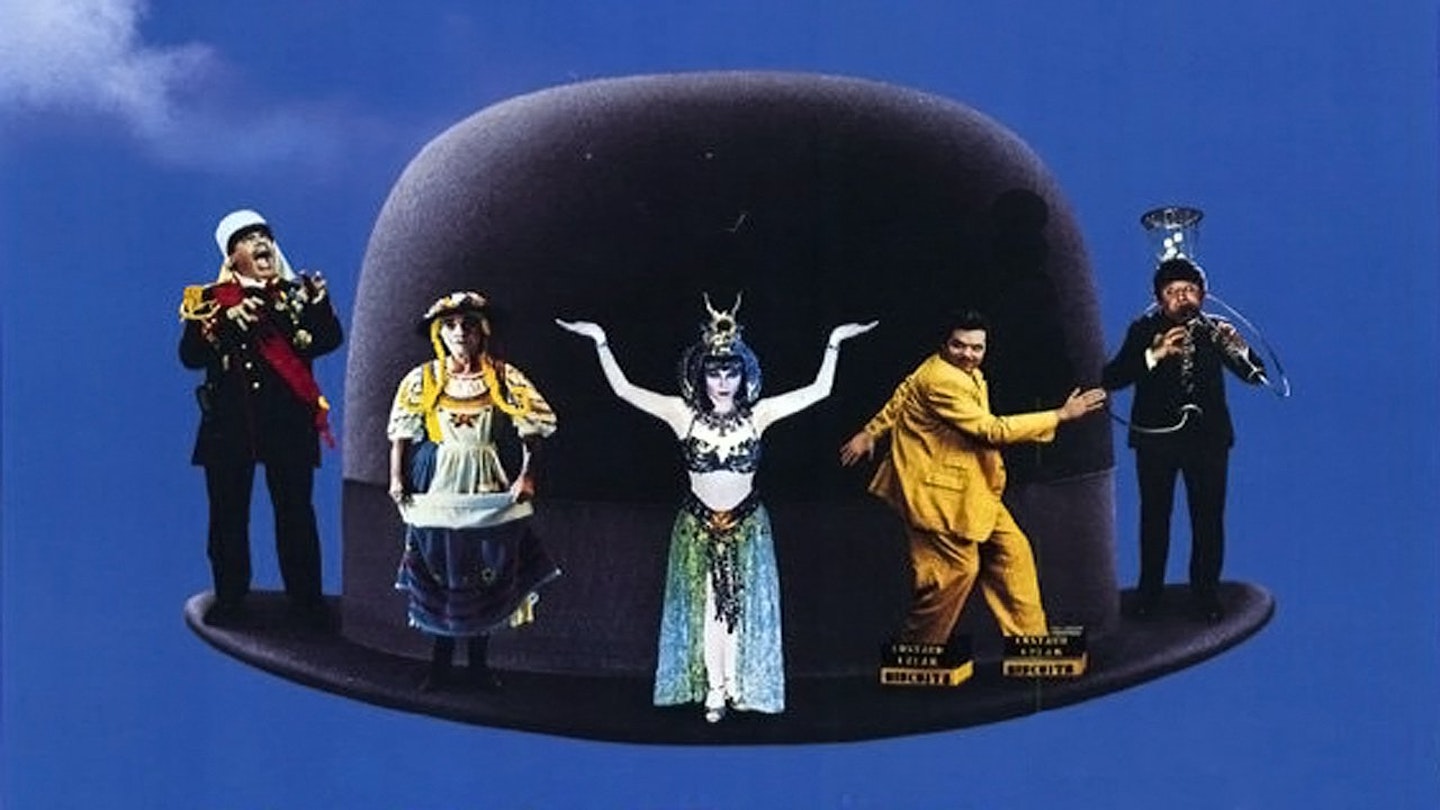"I never saw anything funny that didn't cause pain." A defining quote from the script to a film that, despite the crass video packaging ("A captivating comedy treat!" it bawls), begs for more than just your laughing gear.
The last great movie about the rib-tickling art was Scorsese's King Of Comedy; apt, since erstwhile gurnsmith Jerry Lewis is the common link between that and this — by comparison — achingly British take on the pain beneath the clown's painted smile. And, ironically, it is the transatlantic flipside here that lends an engrossing twist to (Hear My Song director) Chelsom's grubby, Blackpool-anchored peek into the unspoken secrets of comedy.
The Parker Brothers (impeccably cast real-life variety comics FreddieDavies and George Carl) are a past-it circus double act, whose reputation was blackened 12 years ago by their gifted "nephew" Jack (Evans) — branded "a known, bona fide maniac" by the authorities — in a grisly moment of madness, revealed, gradually, in black-and-white flashback.
The aforementioned narrative trump card is played when, in poles-apart Las Vegas, Blackpool-born Tommy Fawkes (Platt) dies onstage at the Hilton Oasis, and is thus prompted to debunk to England in search of material to buy. Yet when reunited with his childhood acquaintances, the Parkers, umpteen skeletons are released from the cupboard, especially when Tommy's comic legend father (Lewis) turns up to take him back home (the star's touchdown at a dog-eared Blackpool "airport" presents an emblematic clash between US celebrity and modest Northern English seaside hospitality).
There are subplots, too, concerning a Frenchman's feet and an egg filled with eternal life powder, plus fabulous support from Richard Griffiths as Head Of Tourism and a rich soundtrack of poignant laugh-free American blues.
Although Evans for many will be the film's selling point (and he turns in a delightfully demented performance, if a touch lax of Northern accent), it is the downbeat, timeless originality of Chelsom and Peter Flannery's story that marks it out for immortality. Not just a patronising pop at old-school vaudeville entertainers (although the freakshow audition scene is cruel fun), it is a beautifully written thesis on the in-built tragedy of laughter and the pain of nostalgia: "Why do all the best things in life belong to the past?" A tower de force.
